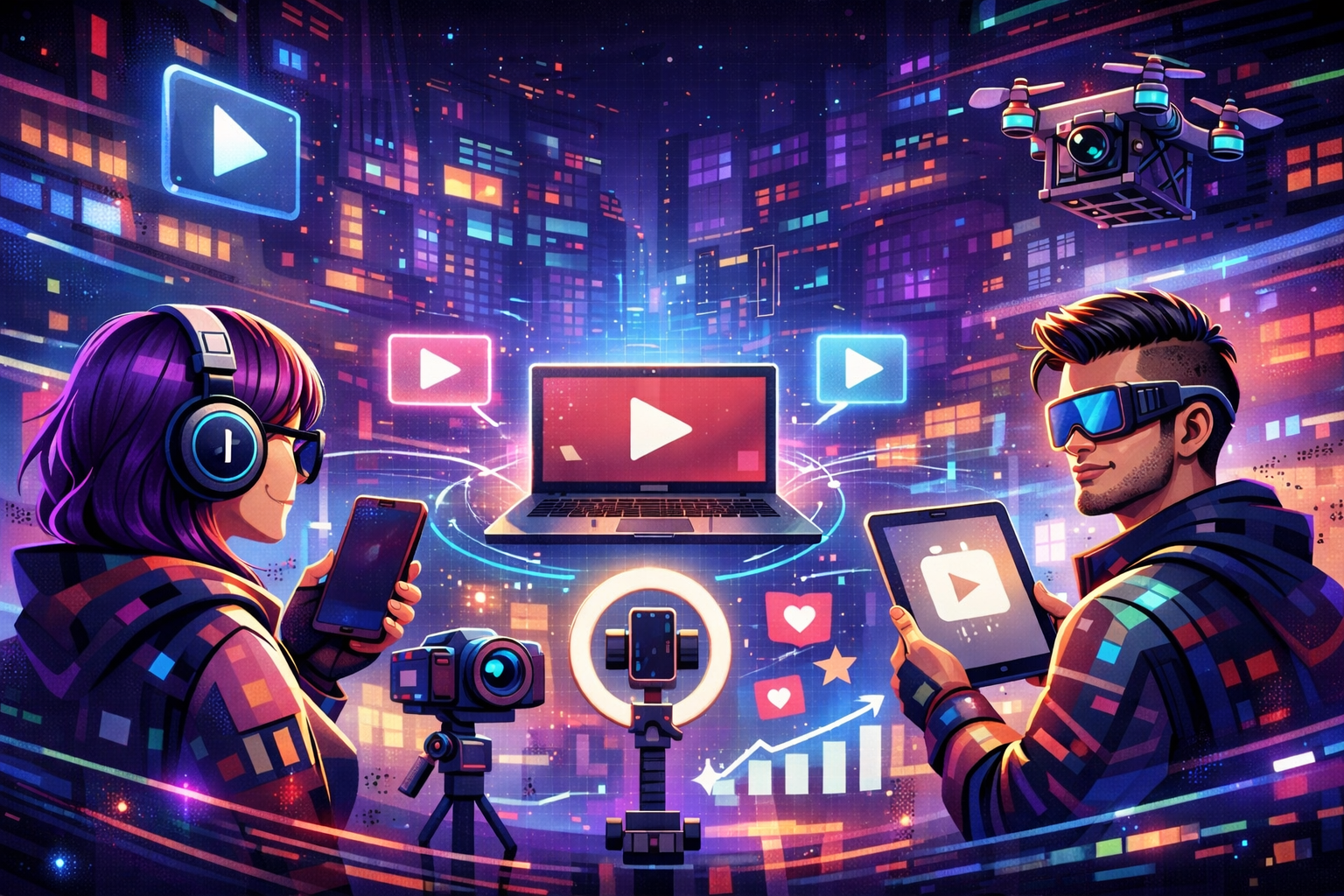In today’s rapidly evolving digital landscape, the utilization of artificial intelligence (AI) has become a cornerstone of success for businesses engaged in digital marketing and paid media strategies. The marriage of AI with marketing has revolutionized the way companies reach and engage their target audiences. In this article, we will delve into the significance of strategic planning amidst the proliferation of AI technologies. We’ll explore how these technologies are shaping the landscape of digital marketing and paid media, and why having a well-defined strategy is crucial for staying ahead in this dynamic environment.
Introduction: The AI Revolution in Marketing
In the era of digital transformation, AI has transcended its role as a futuristic concept and has become an integral part of marketing and advertising strategies. This evolution has reshaped the way businesses understand, target, and engage their customers. The interplay between AI and marketing is evident in the realm of data analysis and user experience personalization.
Understanding the Role of AI in Digital Marketing
Enhancing Customer Insights through Data Analysis
AI-powered algorithms have enabled marketers to extract invaluable insights from vast amounts of data, allowing for a deeper understanding of consumer behavior and preferences. By analyzing user interactions and purchase patterns, businesses can tailor their marketing efforts to align with customer expectations.
Personalizing User Experiences at Scale
Personalization, once a daunting task, has been made achievable at scale through AI. Machine learning algorithms analyze user data to deliver tailored content, product recommendations, and advertisements, thereby enhancing user experiences and driving engagement.
The Unavoidable Impact on Paid Media
Programmatic Advertising and Real-time Bidding
Programmatic advertising, fueled by AI, has streamlined the process of ad placement. Real-time bidding algorithms optimize ad placements in microseconds, ensuring that the right message reaches the right audience at the right time.
Optimizing Budget Allocation with Predictive Analytics
AI’s predictive capabilities have revolutionized budget allocation in paid media campaigns. By analyzing historical data and market trends, AI-driven systems can suggest optimal budget distribution across various channels to maximize ROI.
Navigating the Symbiosis: Strategy and AI
Aligning AI Initiatives with Business Goals
AI should not be adopted for its own sake, but rather to achieve specific business objectives. A well-defined strategy ensures that AI initiatives are aligned with overarching goals, whether that’s increasing sales, expanding brand reach, or enhancing customer loyalty.
The Human Touch in an AI-Driven World
While AI offers unprecedented efficiency, the human touch remains irreplaceable. Building authentic connections with customers requires emotional intelligence and creativity—qualities that AI cannot replicate.
The Pitfalls of Ignoring Strategy
Drowning in Data: The Challenge of Information Overload
Without a proper strategy, businesses risk drowning in the sheer volume of data AI generates. A strategic approach helps filter out noise and extract meaningful insights that drive informed decision-making.
Missing the Mark: Ineffective Personalization
Overreliance on AI without a clear strategy can lead to ineffective personalization. Generic recommendations and irrelevant content can drive customers away rather than engage them.
Crafting an Effective AI-Driven Strategy
Setting Clear Objectives and KPIs
A successful AI-driven strategy begins with clearly defined objectives and key performance indicators (KPIs). These benchmarks guide decision-making and enable accurate assessment of campaign success.
Continuously Adapting to Technological Advancements
The landscape of AI is ever-evolving. A robust strategy involves staying updated with the latest technological advancements and adapting strategies to leverage emerging opportunities.
The Future Landscape: AI’s Evolution and Beyond
AI-Powered Voice and Visual Search
The future holds the integration of AI-powered voice and visual search, enabling customers to interact with brands in more intuitive ways. Marketers must prepare for this shift by optimizing content for voice and image recognition.
Ethical Considerations in AI Marketing
As AI’s role deepens, ethical considerations come to the forefront. Marketers must prioritize transparency, data privacy, and fairness to ensure AI benefits both businesses and consumers.
Conclusion: Thriving in an AI-Centric Era
In the dynamic landscape of digital marketing and paid media, embracing AI is no longer an option but a necessity. However, the true power lies in weaving AI into a well-crafted strategy that aligns with business goals and values. By harnessing the potential of AI while retaining the human touch, businesses can navigate the complexities of the digital age and drive unparalleled success.
FAQ
While AI enhances efficiency, human creativity remains essential for authentic and emotionally resonant marketing.
Crafting a focused strategy helps extract meaningful insights and prevents getting lost in excessive data.
Personalization, driven by AI insights, enhances user experiences, leading to higher engagement and conversions.
Prioritizing transparency, data security, and fairness should be foundational in any AI-driven marketing strategy.




